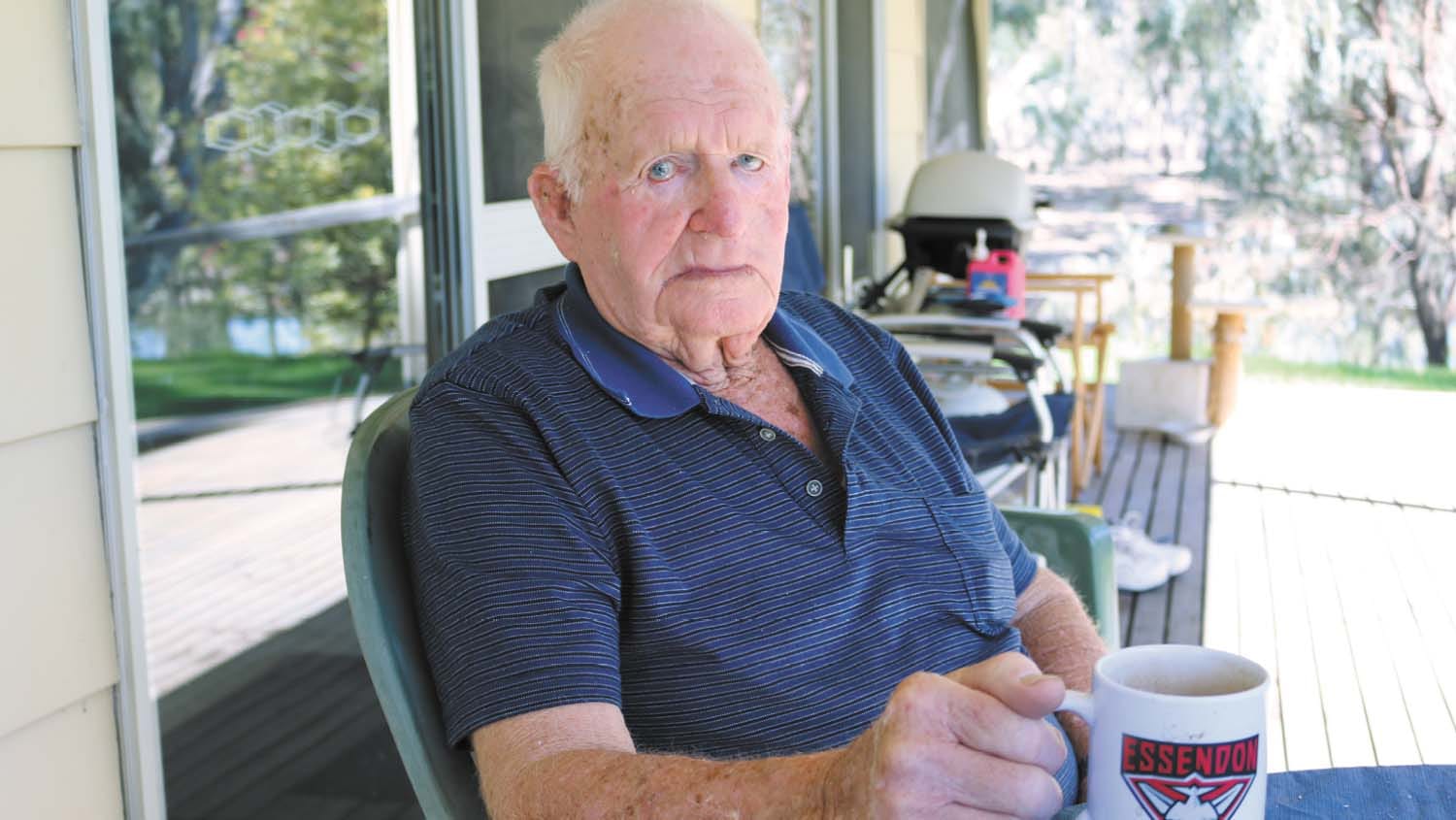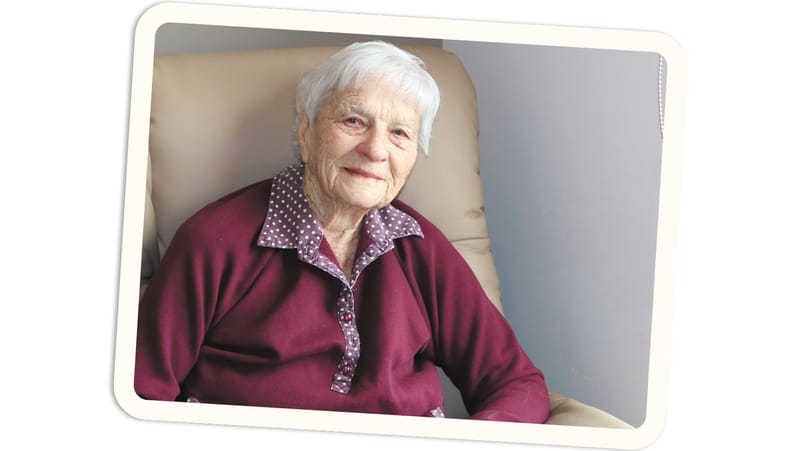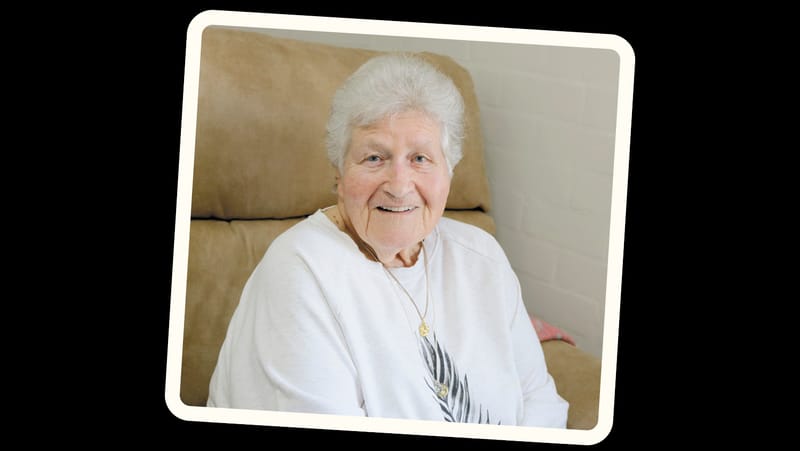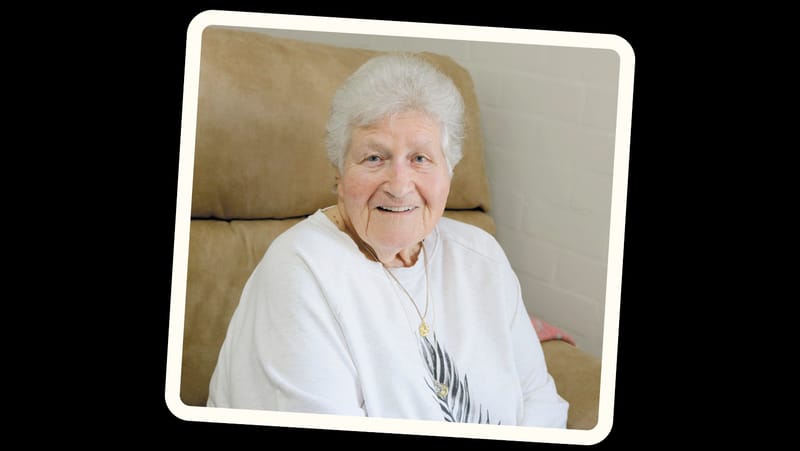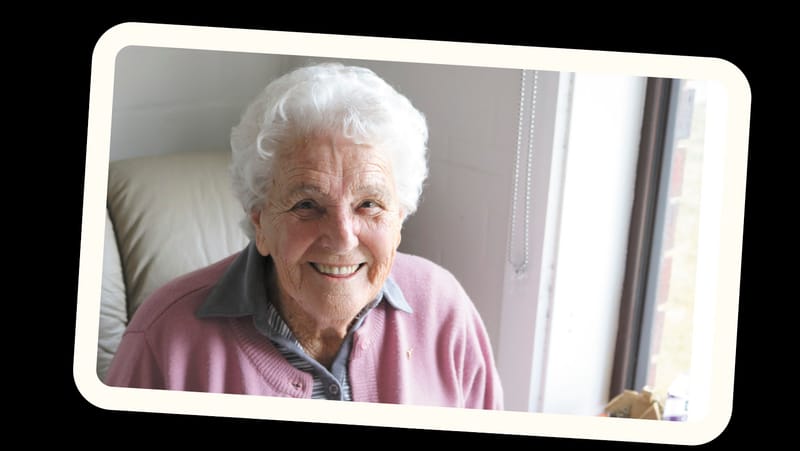A Chat With... Peter Jackson
“A few people around the place had a tennis court. We had a court here, the Cox’s also had one, and we’d go and play a match at each other’s property then go and jump in the river to cool off. “You make sure you look after him, he’s...
